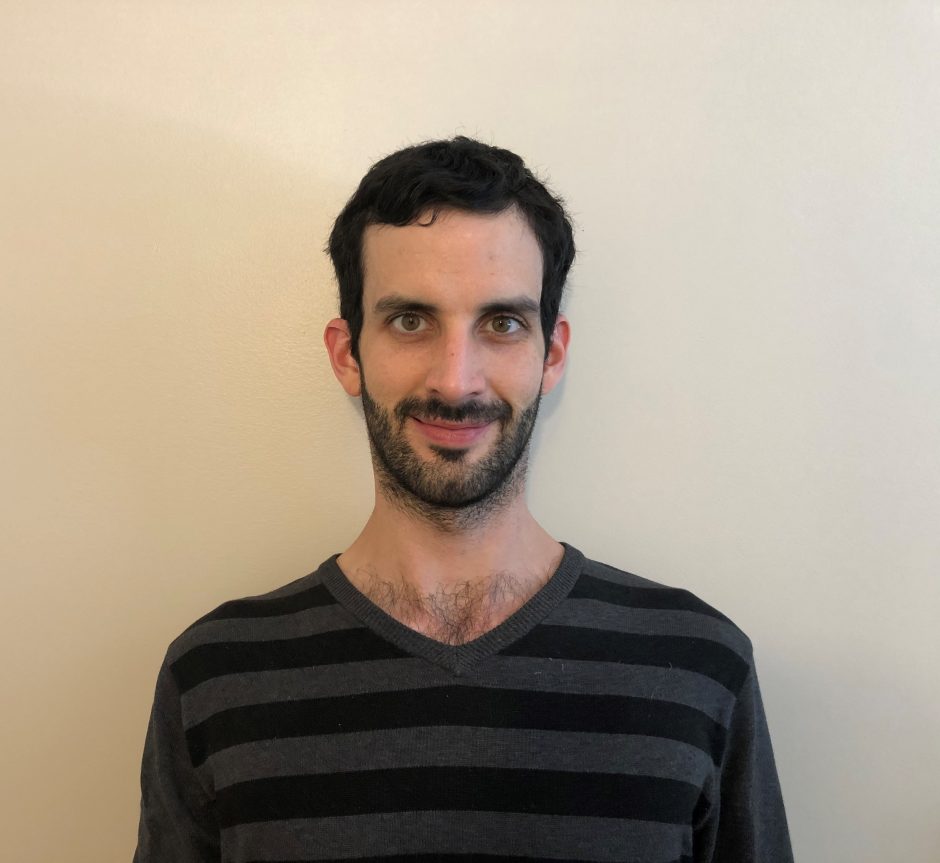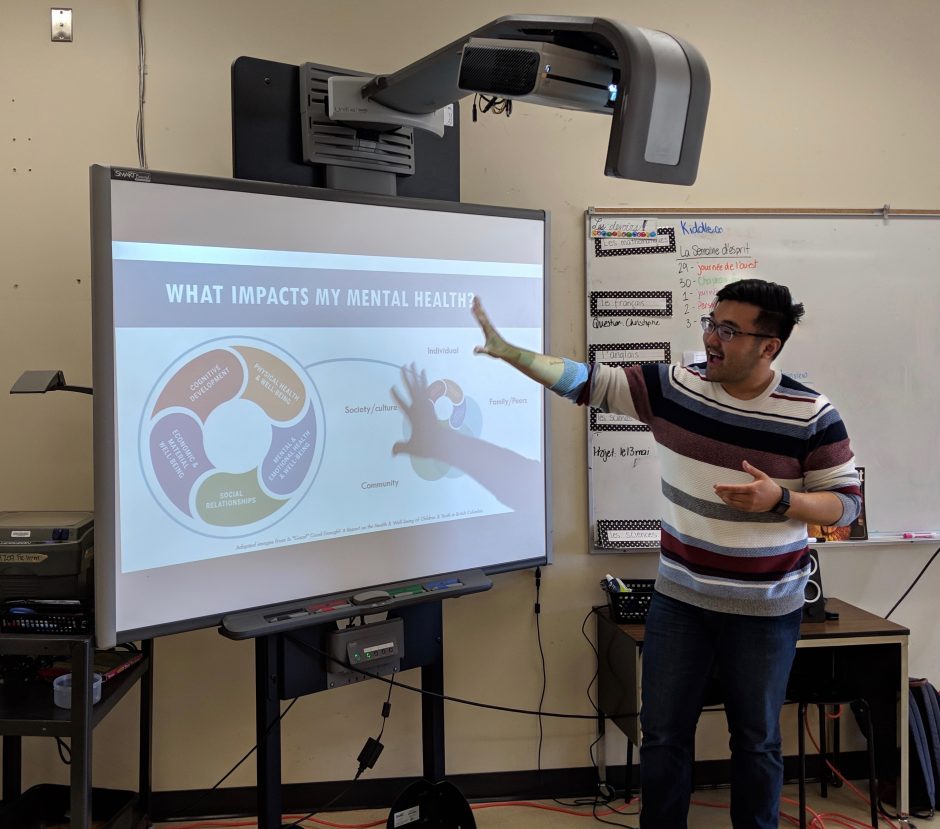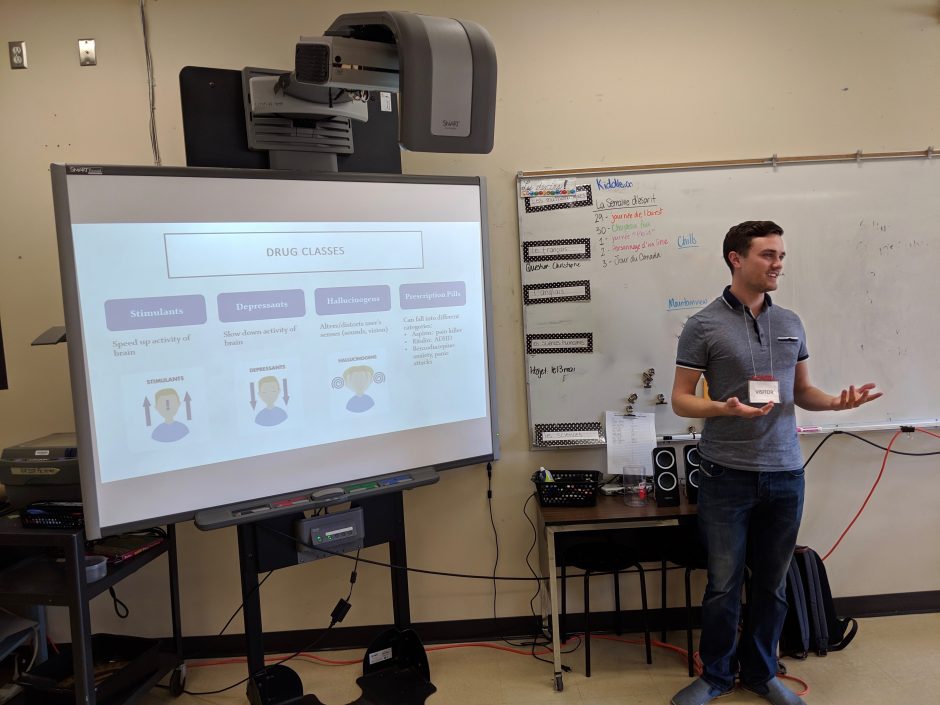2024
Rural Emergency Departments across the province of British Columbia (BC) have been closing at alarming rates due to staffing shortages. The team of healthcare professionals that these rural communities rely on is effectively breaking down. Throughout the literature it is largely agreed that teamwork is an important contributor to the functioning of rural healthcare centers and to overall provider job satisfaction and burnout prevention, but little research is available that discusses why the team breaks down or what can be done to fix it once this happens. Healthcare providers working in these departments can provide meaningful insights into why a team breaks down and how it can be repaired. The goal of this qualitative study is to explore BC physicians’ and nurses’ lived experiences with teamwork in the rural emergency department and to investigate what contributes to team breakdown and sustainability. With our backgrounds in rural nursing and paramedicine, we are both passionate about equitable access to healthcare for rural communities. Our goal is to use the information we gather to create recommendations for healthcare leadership and policy makers that will prevent further emergency department closures by improving healthcare team function and encouraging provider retention.
My project focused on the current state of maternity services in rural communities of British Columbia. In the last 20 years, a significant number of maternity services have closed due to a lack of resources and a declining number of physicians practicing in rural communities. For my Flex project, I decided to explore what role medical students can play in solving this issue, and how medical schools specifically can better engage students early on to guide them into careers in rural practice. I wrote a commentary piece from the perspective of a medical student, which highlighted a lack of exposure to rural perspectives in the current medical education curriculum. I also explored and wrote seven specific recommendations for medical schools to increase future physician recruitment to remote practice: increase exposure in medical training, promote financial incentives, promote lifestyle incentives, promote connections with rural providers, broaden lectures to include rural topics, promote research opportunities in rural health and provide alumni success stories. Rural maternity care is an area of interest for me, and something I hope to pursue in the future!
2023
Read about Maya's Y1 FLEX Project here!
How did your (Y2-3) FLEX project build on the work that you had started in your 1st year projects at the Network?
In my first year I worked on collaborating to write an article about environmental racism. In my second and third year I was part of helping with a few interviews and the qualitative analysis portion of the CCEDARR project. I also helped co-host a workshop about 'advocating for climate health as medical students' at the annual SRPC conference. Although I worked on different projects between first and second year, I enjoyed working with some of the same members from the RHSRNbc for the different projects. Both projects were grounded in the same themes of addressing climate health inequities and planetary health curriculum integration.
What do you think were the main takeaways of your project?
At a project level, I learned more about the importance of rural physicians building meaningful community connections to be effective leaders during disruptive times such as the Covid-19 pandemic and climate change crisis.
On a personal level, I took away a new skill of having learned a form of qualitative analysis!
In what ways do you think your work with the Network influenced your experience in other areas of your curriculum? (clerkship, electives etc.)
By engaging with rural community members through the CCEDARR project, my passion for working and living rurally has grown. This inspired me to choose several community based/rural electives in fourth year, all of which I loved.
What role do you see medical school curiculums playing in improving the impacts of climate change and environmental racism more broadly?
I believe it all starts with education. I think we need a global buy-in for everyone to start caring about these issues so that we can create larger impact change. I think medical schools should be held accountable for integrating planetary health (including climate change and environmental racism) into their curriculums. I also think it's important for medical schools to give students the opportunities to engage with climate health research and advocacy projects. I have found these projects to have been a great opportunity to connect with like-minded people and work on something I'm passionate about.
What is something you’re looking forward to in your next steps as you enter residency?
I’m really looking forward to continuing research and advocacy work around climate health. Depending on where I end up for residency it may be a great opportunity to work on the curriculum integration piece as well. I’m also looking forward to staying in touch with the Network. I value my connections here and know we share common goals which we will continue working towards.
2021

Luke did his Y1 FLEX with RHSRNbc and is continuing as a Y2 FLEX student. We conducted a short interview to learn more about his experience. Check it out below:
Can you share a bit about yourself, your medical and research interests, and how you ended up working with the RHSRNbc?
I am a second-year medical student at UBC and am in the VFMP. I’m open to seeing where medical school takes me, but right now I see myself going into family medicine. As to how I started working with the RHSRNbc, I first heard of the Network at a FLEX day presentation for first-year medical students. It was mentioned how an area of interest to the Network was youth engagement and how to respond to climate change, two things that I am passionate about. I met with Stefan and Arlin (the Research Network Coordinator at the time) and they both allowed me to create my own project that fell within my interests, which I really appreciate. I had an incredibly positive experience working on my FLEX project in my first year of medical school that I had to come back in second year.
Can you share about the work you did with the centre?
In my first year, I looked into rural youth empowerment to ensure their voices are heard when it comes to responding to the impacts of climate change. I also explored how rural physicians can use their unique positions in their community to help facilitate this. I am hoping to get a piece published on this. This is important to me because I was shocked at how little research is out there on rural physician community engagement, as to me this is a necessary component of being a physician.
What is an important thing you have learned throughout this opportunity?
I’ve learnt that there are a lot of interesting areas of research that haven’t been explored yet, and if it’s not in the primary literature and it’s important to you, you should pursue it. I don’t know if the work I’ve done will make a difference in anyone else’s life, but I do know that no matter what or where I practice medicine, I will take the importance of community and youth engagement with me.
What are you looking forward to in your work with the Network?
There is so much opportunity for growth and to follow my own passions. Stefan and the rest of the team are always supportive and have great insights. I certainly wouldn’t have been able to accomplish what I have without them all. Importantly, I feel like my voice matters when discussing other people’s projects, I’m not “just a medical student,” I am an integral member of the team.
2019


High School Educational Sessions on Health (H-SESH) is a community based project designed to provide educational sessions around health topics of interest for high school students in Terrace, BC. This project began in May 2018 and has expanded over the past two years to include middle school students. I also had the pleasure of welcoming another medical student, Nicholas Brochez, to the project in December 2018. Together, we have created and delivered more than 75 sessions on health topics including puberty, sexual health, mental health, substance use and careers in health care. As Nicholas and I continue our medical education in Terrace, BC for a year as a part of the Integrated Community Clerkship (ICC) program, we look forward to continue engaging with the community. In addition, we are working in collaboration with the UNBC Terrace Nursing Program to explore the potential option to integrate community outreach and education as a part of the nursing curricula to provide longitudinal delivery of health education to the community of Terrace.
I would also like to take this moment to thank our FLEX Project Supervisors (Dr. Denise Jaworsky and Dr. Ariane Mundhenk), RHSRNbc, administrative and staff members at School District 82, local health care team members in Terrace, and the nursing coordinators at UNBC. Without their continued support, this project would not be possible. I have gained so much knowledge and experience in the past two years, which will greatly contribute to my personal and professional development as a physician.

